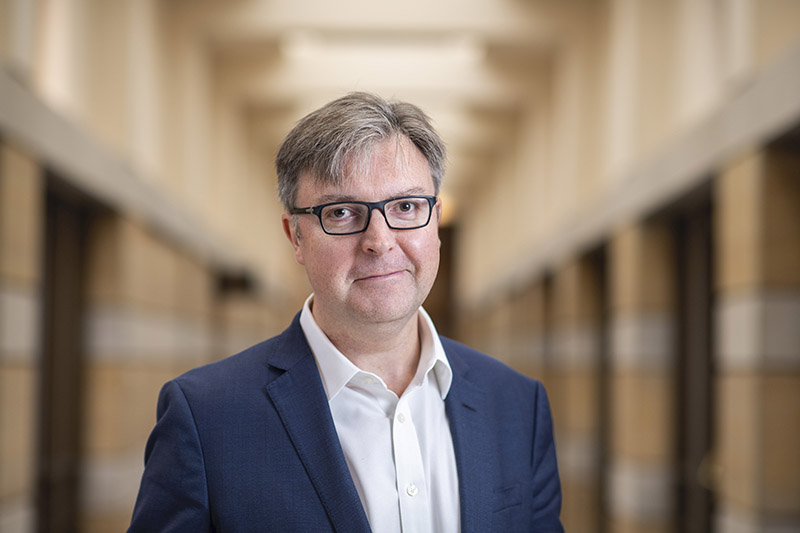Ben Phillips is the author of How to Fight Inequality. He advises the UN, governments and civil society organisations. He was Co-Founder of the Fight Inequality Alliance, and Campaigns and Policy Director for Oxfam and ActionAid International. He has lived and worked in four continents and a dozen cities. He has led programmes and campaigns teams in Save the Children, the Children’s Society, the Global Call to Action Against Poverty and the Global Campaign for Education. He has been the Hewlett Fellow of Public Policy at the Kellogg Institute at Notre Dame, the Resident Fellow on inequality at the Rockefeller Foundation’s Bellagio Center, and is a Bosch Foundation Richard von Weizsäcker Fellow. He began his development work at the grassroots, as a teacher and ANC activist living in Mamelodi township, South Africa, in 1994, just after the end of apartheid.
What do you think are the current challenges in the cooperation sector?
The model of international NGOs that thrived for half a century after World War II is now long since over, finished, done with and gone. One can either celebrate or mourn but the fact is this: there is no way back. That doesn’t mean, however, that it is time for an end to international NGOs; it means that it is time for their renaissance.
How do you consider they should be faced?
By themselves, international NGOs can’t overcome great injustices, but they can be a vital support for the people’s movements who are leading the struggles that can. As international NGOs’ critical friends have long pointed out, and as many people within international NGOs themselves recognise, the role of international NGOs is not to be the “protagonist” – the hero. It is to be instead the “deuteragonist” – the buddy, the wing, or in the language of the Oscars, the best supporting actor. That means international NGOs letting go of the remaining, depleting, power over others that comes with money, bureaucracy and status. In doing so they will help enable the most important form of power: the power of the people.



